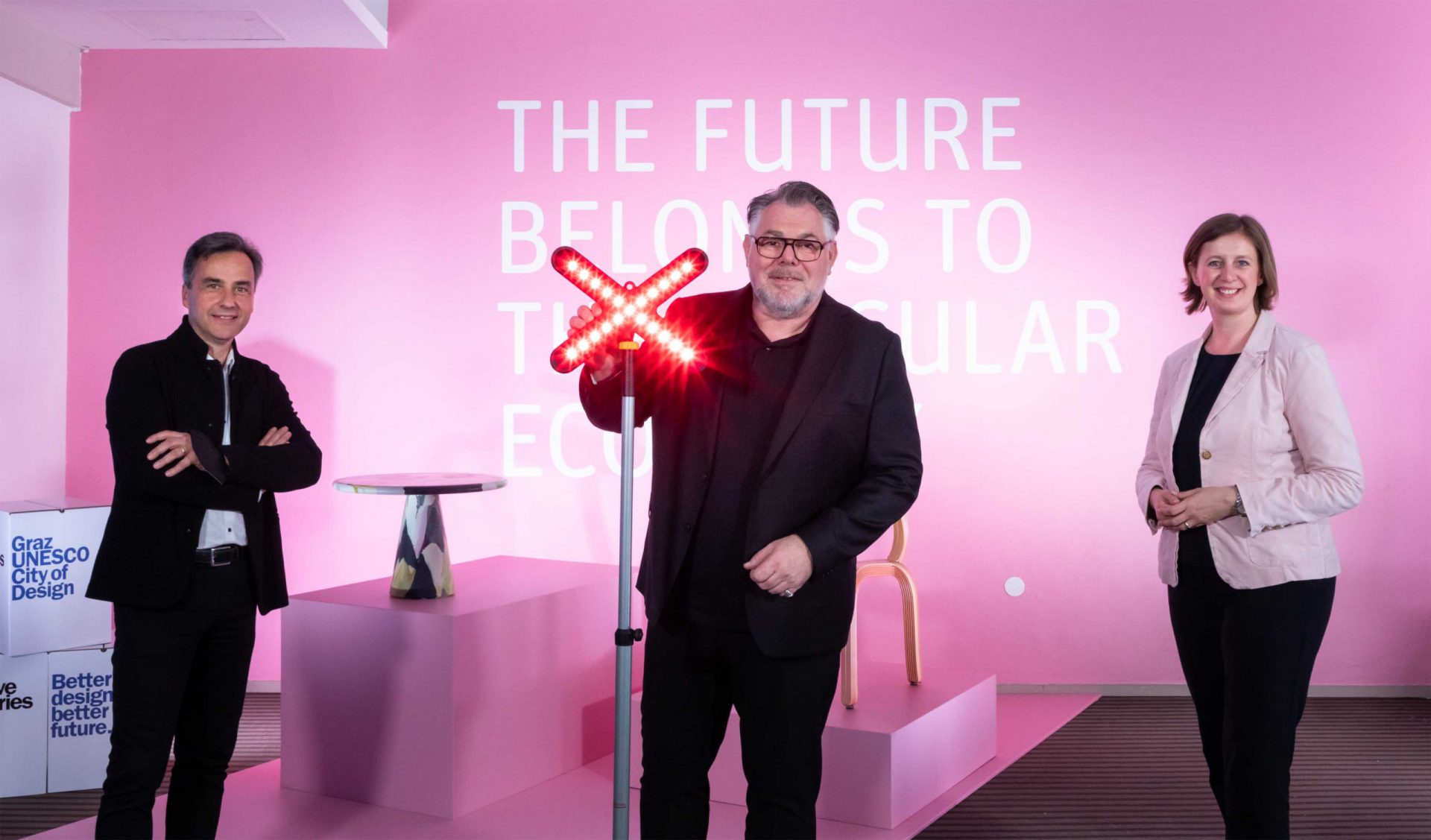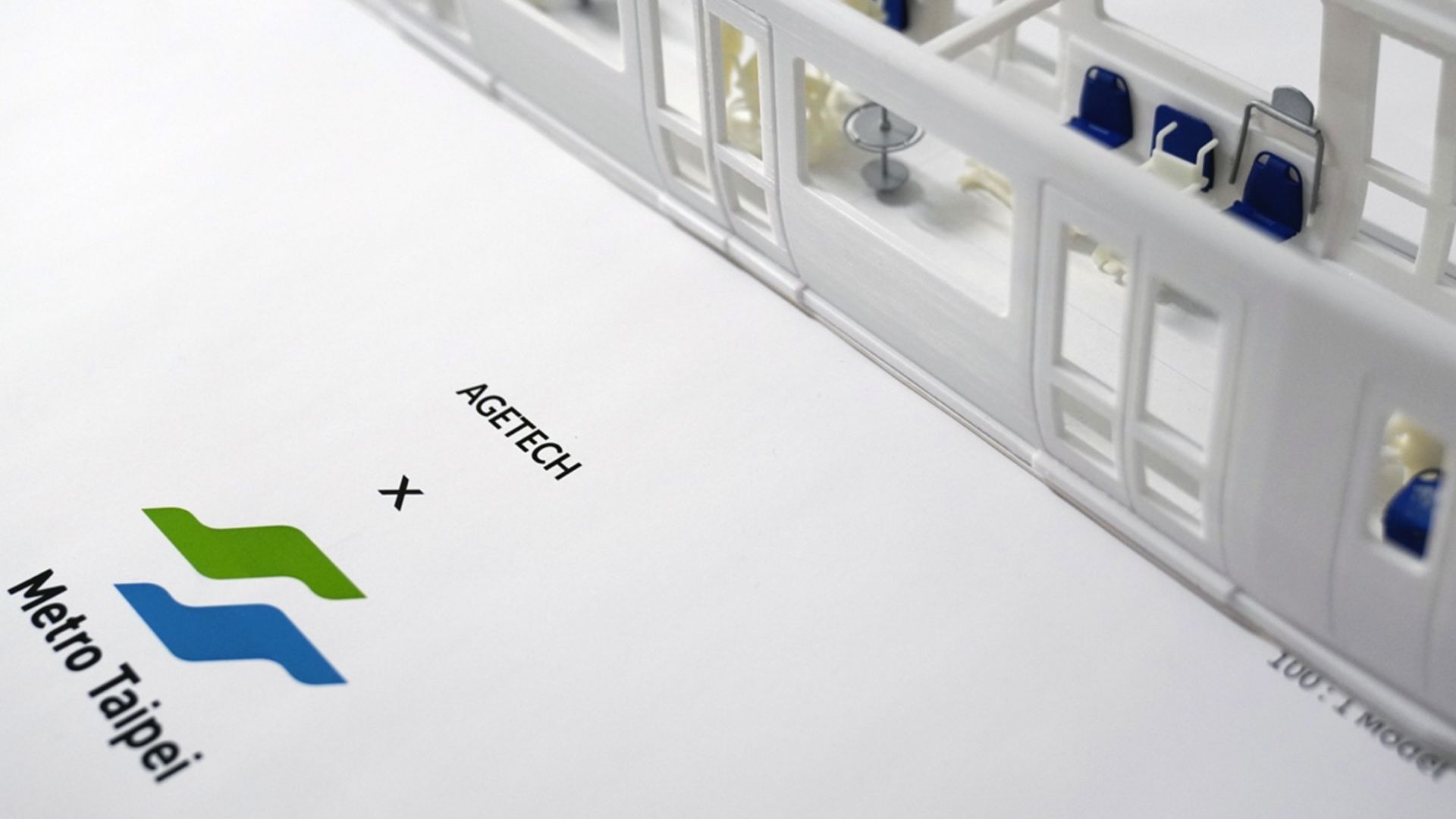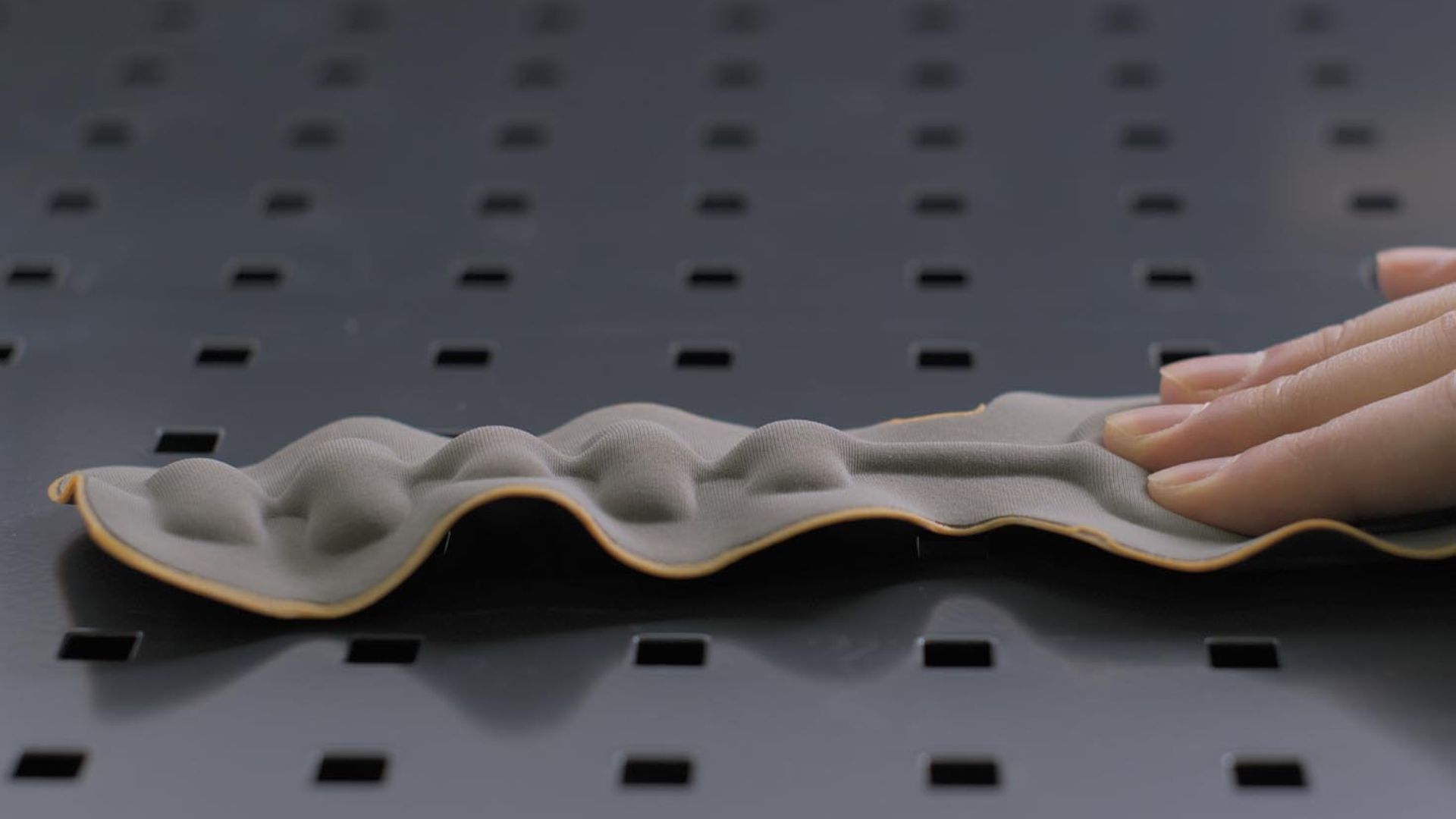10 product design books to shape your design thinking
A compact list of product design books that will inspire you to think deeper in design.
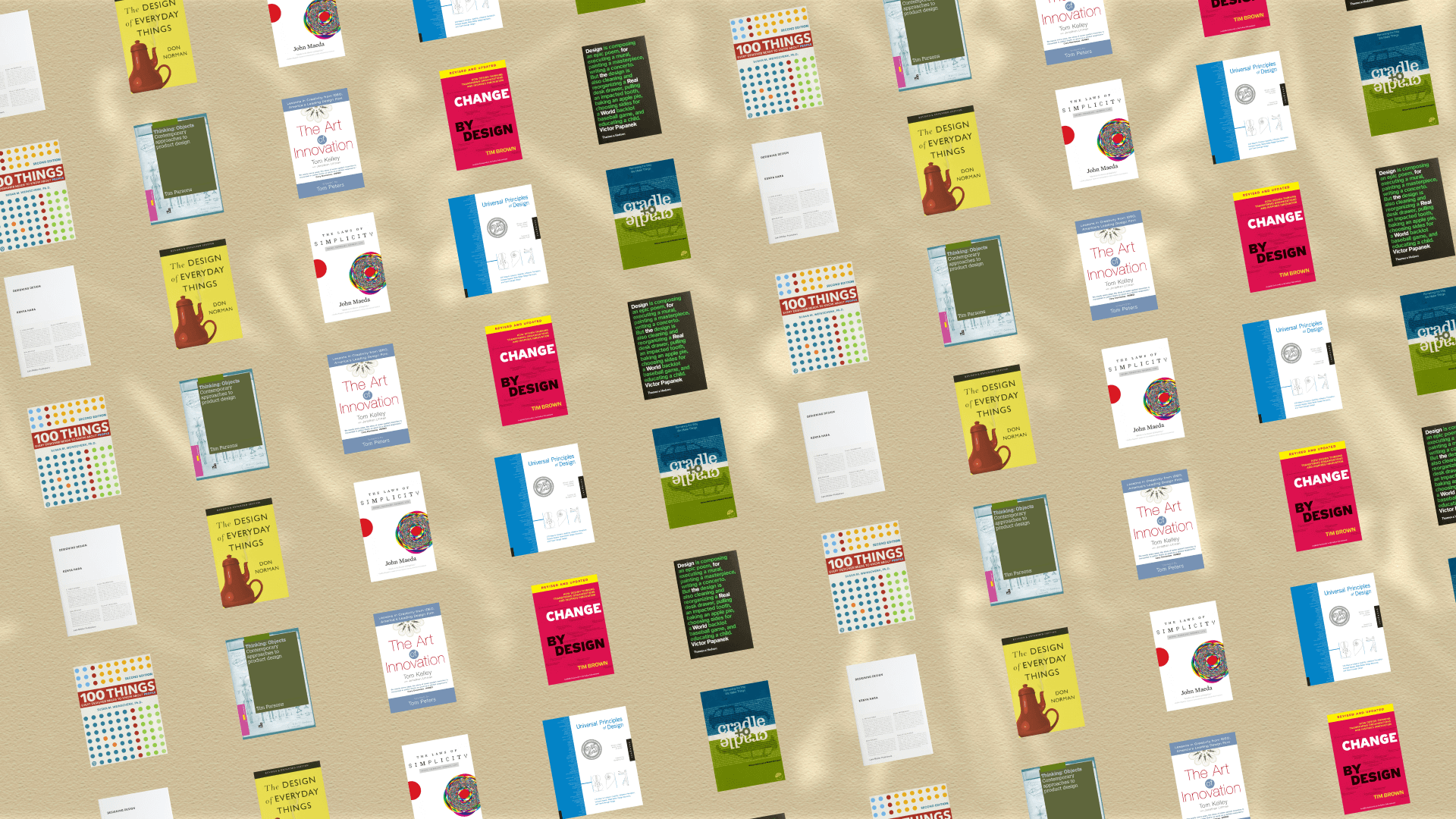
There are hundreds of product design books out there that can tell you how to design great stuff but fewer offer a deep understanding of the theory behind them all.
From design thinking as a philosophy to the expert approach behind the success of some of the world’s most iconic products, these 10 books below will give you a strong base, helping you think differently about design, and providing inspiration for your next project.
Gallery
Open full width
Open full width
Product Design Books – 10 names for Design Thinkers:
The Design of Everyday Things – Don Norman
Bad design ignores the needs of users and the principles of cognitive psychology. That’s the premise behind ‘The Design of Everyday Things’ by Don Norman, a world-famous psychologist and pioneer in the science of how we think. The book presents plenty of examples, among them, the VCR and an office telephone, all models of how not to design for people. Whether it’s ambiguous controls or arbitrary relationships between controls and functions, Norman interrogates a multitude of design sins, proposing design principles and good solutions instead.

The Laws of Simplicity – John Maeda
Any book that champions simplicity should be championed in return. Starting with “reduce”, John Maeda outlines 10 life lessons for sanity in ‘The Laws of Simplicity’ teach us how to need less but get more in business, technology and design. Think of it as a kind of precursor to a Marie Kondo state-of-mind. But Maeda goes beyond simplicity and organisation, covering saving of time, the importance of knowledge in making things simpler and even the importance of complexity to understand simplicity.

Universal Principles of Design – William Lidwell, Kritina Holden, and Jill Butler
Armed with 150 principles, The Pocket Universal Principles of Design is a compact, portable and extensive anthology of design knowledge. If you want a book that strikes a perfect balance between critical design knowledge and rich illustrations of principles applied in practice, here is your bible.
From the “80/20 Rule” to “Chunking,” from “Baby-Face Bias” to “Ockham’s Razor”, Universal Principles is an indispensable field guide for designers of all types. It promises to sharpen design thinking, provide invaluable reference guidelines, and expand your sense of what is possible.

Cradle to Cradle – William McDonough and Michael Braungart
Cradle to cradle tackles the impending doom often associated with design and overproduction head on. Eliminating the concept of waste altogether, the authors, an architect and a chemist, are on a mission to preserve commerce and allow for human nature. Described as “required reading for business hotshots and environmental activists”, the book presents a manifesto calling for a new industrial revolution. Reduce, reuse and recycle are just three points in a detailed exploration of how designers could and should create products that don’t damage the Earth.

Design for the real world – Victor Papanek
Twenty-five years ago Victor Papanek explored how design could reduce pollution, overcrowding, starvation, obsolescence and other modern ills. Tackling the industry’s biggest issues, it’s no surprise it became a seminal work and one of the most read books on design. As well as laying foundations for the green architecture and humanitarian design movements, the book reads as an impatient and jargon-free analysis of the impact design has on the planet. It helps that it tackles everyday examples too – early in the book, Papanek savages the “Kleenex culture”.
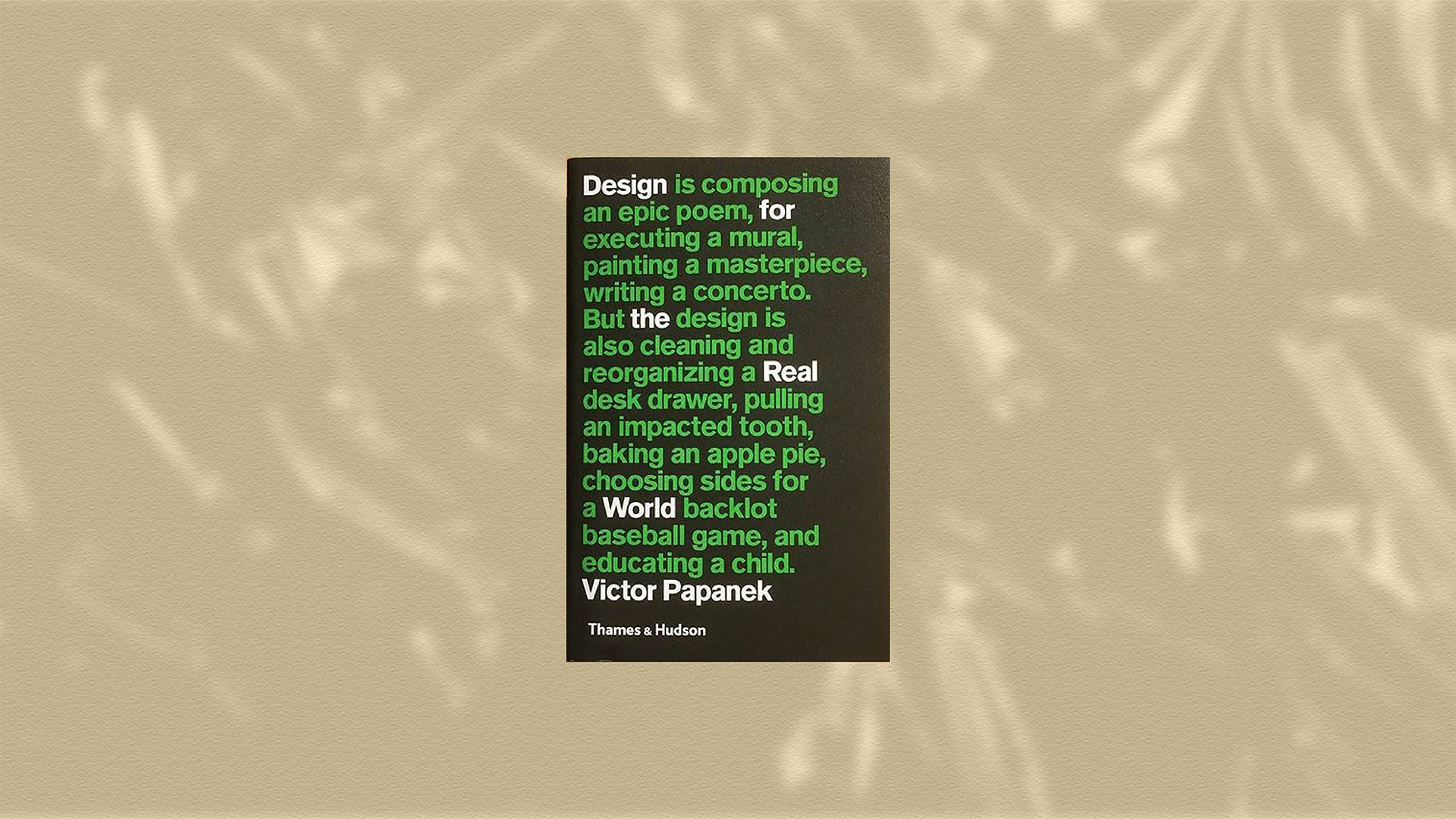
Designing Design – Kenya Hara
In Designing Design the renowned Japanese designer Kenya Hara impresses upon the reader the importance of “emptiness” in both the visual and philosophical traditions of Japan. It presents a discourse on design history with Hara’s reflections on topics, including white as a design concept, nothingness and the meaning of design.
Hara devotes a huge portion of the book to examining the projects of others through exhibitions, contests, and even the works of his students. It also examines his thought process through his own iconic work including the 1998 Nagano Winter Olympics, Swatch and MUJI.

100 Things Every Designer Needs to Know about People – Susan M. Weinschenk
It’s true google might have an answer for everything but sometimes you might not have the question. Whether you want to know more practical stuff like the best line length for text, or go deep to understand how memories work, ‘100 Things Every Designer Needs to Know About People’ does a deep-dive into what makes people tick.
Don’t mistake this book as a jolly read on the human psyche, it is but it’s also a practical guide to increasing the effectiveness, conversion rates, and usability of your own design projects.

Thinking: Objects: Contemporary Approaches to Product Design – Tim Parsons
Thinking: Objects: Contemporary Approaches to Product Design discusses influences on modern product design such as globalization, technology, the media and the need for a sustainable future. It also demonstrates how readers can incorporate these influences into their own work. This book also dedicates a significant part to discussing how readers can learn to read the signals an object sends.
What does that mean exactly? The answer unfolds during a detailed exploration of value, perception, collective memory and behaviour, just to name a few areas.

The Art of Innovation: Lessons in Creativity from IDEO, America’s Leading Design Firm – Tom Kelley
Tom Kelley, a partner at global design company IDEO, takes readers behind the scenes of the iconic company responsible for the Apple mouse, Polaroid’s I-Zone instant camera, the Palm V, and hundreds of other cutting-edge products. As well as the secrets behind IDEO’s winning strategies, Kelley dissects innovations in its many facets, from the importance of breaking the rules to the positive effects when you free people to design their own work environments.

Change by Design: How Design Thinking Transforms Organizations and Inspire Innovation – Tim Brown
Design is anything that changes: this is something that Tim Brown, CEO of IDEO, understands unequivocally. Centred around the concept of “design thinking”, he explores the collaborative process by which a designer’s unique approach meets the needs of the people. Interestingly, this book evaluates the value of design thinking beyond the creative industries. Instead, it seeks to infuse design thinking into every level of an organization‚ product‚ or service to drive innovation across business and society.













